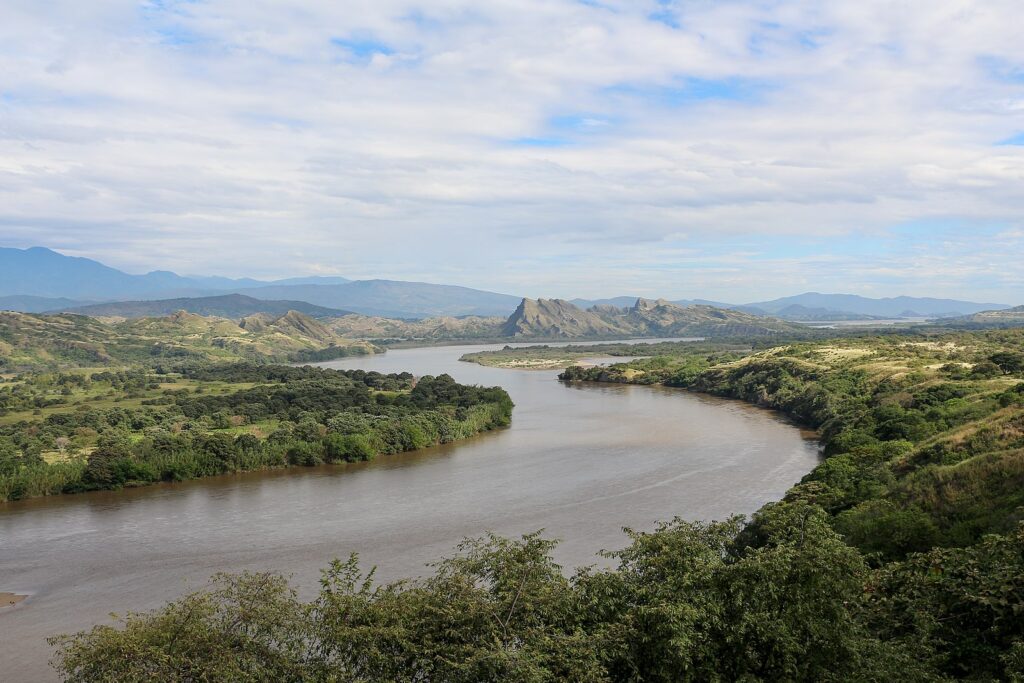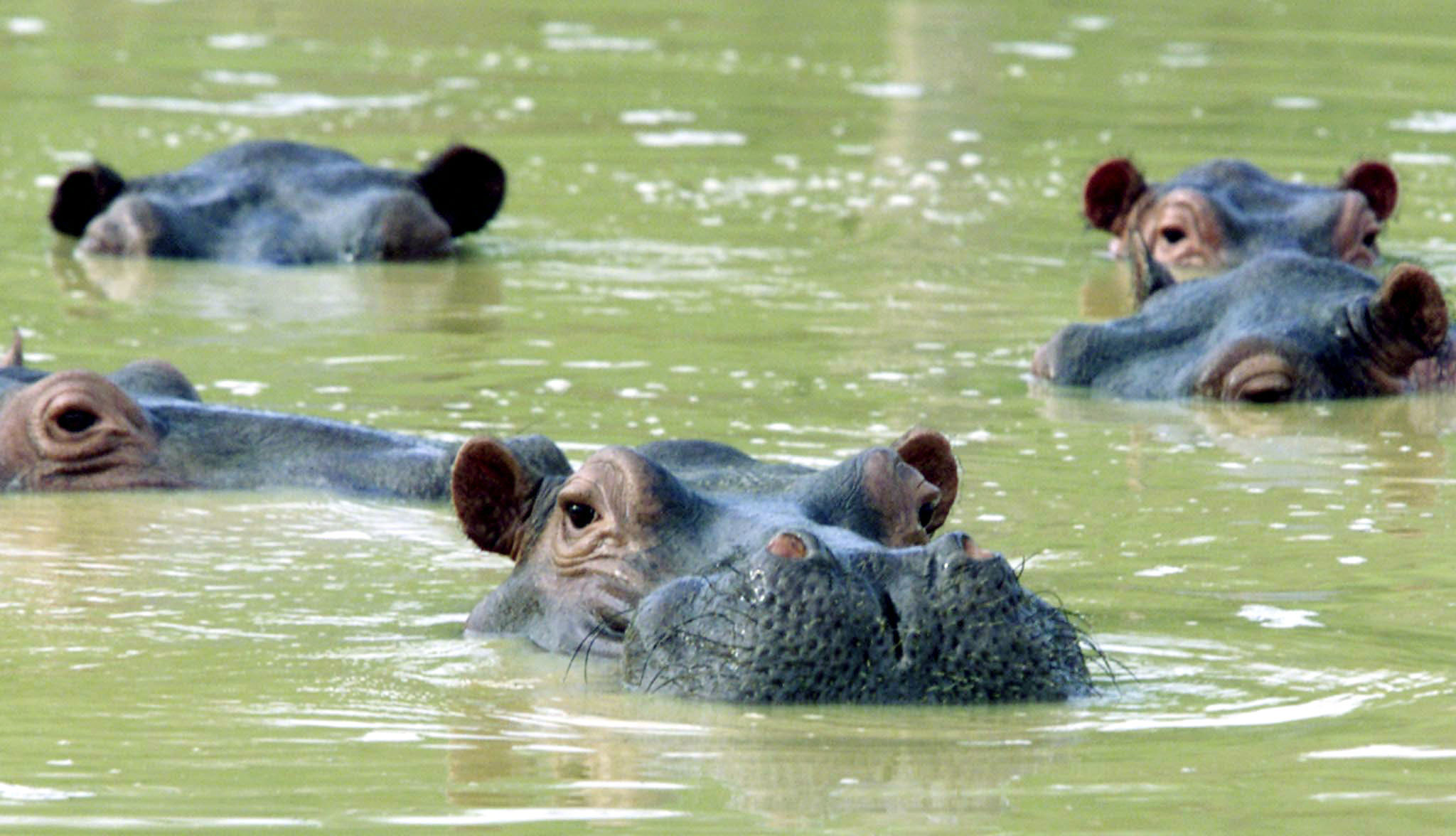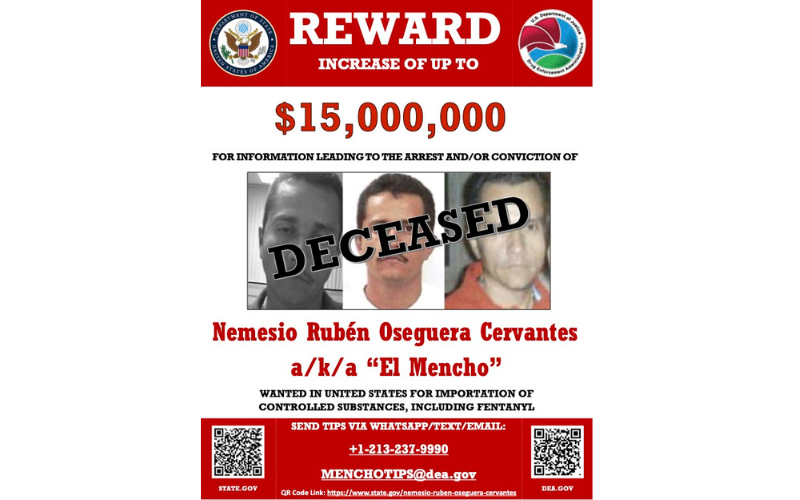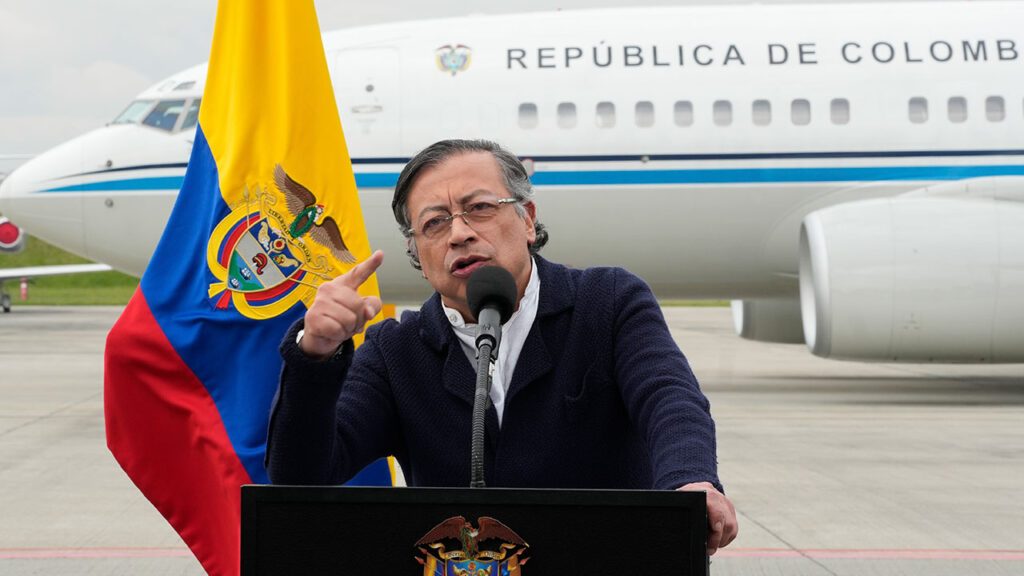Medellín, Colombia — The governor of the department of Antioquia announced on Wednesday his proposal to fly 70 hippopotamuses out of Colombia. The idea is to improve the quality of life of the invasive species and protect the country’s ecosystems.
You’ve probably heard the infamous story of Pablo Escobar’s hippos.
The drug lord brought four of them from Africa to his private ranch, Hacienda Nápoles, located in the central region of the Magdalena River.
The hippos, along with other exotic animals from Africa, were moved there in the 1980s. After Escobar’s death in 1993, Hacienda Nápoles was abandoned and the hippos began to roam free, resulting in their reproduction in the wild. Scientists say this poses a threat to Colombia’s biodiversity.
The plan of action
Governor Aníbal Gaviria addressed the issue in a speech to the Antioquia Departmental Assembly on Wednesday. He said that the project “has required much tact from a political, technical and environmental point of view.”
According to Lina Marcela de los Ríos, the department’s animal protection manager, 60 hippos will be taken to the Greens Zoological, Rescue & Rehabilitation Kingdom sanctuary in India and the other 10 to the Ostok Sanctuary and Rescue Centre in Mexico. Only young hippos will be moved, as their fully-grown relatives would be too heavy and difficult to handle.
De los Rios also explained to the assembly that “the animals will leave the country by air, in two 474 planes from Rionegro airport,” adding that the necessary structures are already in place at the terminal.
“The air conditioning of the planes has also been adjusted, as these animals require the atmosphere to be humid. Moreover, the use of anaesthesia or tranquillisers will be avoided as far as possible, only to be used when required. The hippos will be kept conscious at all times, each one in a crate,” de los Rios stated.
However, the project is still awaiting approval from the Ministry of Environment. It needs to be handed a CITES certification (Convention on International Trade in Endangered Species of Wild Fauna and Flora), an international agreement between governments to ensure that transfers of wildlife take place by the book.
Colombia, Mexico and India must first agree on the conditions the animals will face in their new homes so that their safety is guaranteed.

Bernard Gagnon, Wikimedia Commons
Colombia’s hippo diaspora
Late last year, the Colombian government sought help from scientists to map 133 hippos distributed across the Magdalena River region. Biologists used Species Distribution Models to predict that by 2040 the area could have as many as 1,500 hippos inhabiting it. So, how could Escobar’s frivolous display of power develop into an entire hippo diaspora?
The hippos are considered an invasive species in Colombia, without the natural diseases or predators found in their natural environment. This means that they’ve been able to thrive in the region, without competition and continuing to breed.
As well as damaging native ecosystems, the hippos pose a threat to human life.
A case in 2009 saw a hippo named Pepe culled after threatening the neighbouring communities of the Hacienda Nápoles. A wave of public outcry followed, arguing that the Environment Ministry had been cruel and ignorant of animal welfare.
This year, Antioquia’s governing body wants to fix the issue once and for all. As long as the project follows the regulations set out by the CITES, these young hippos will finally be able to live in a place where they belong.











